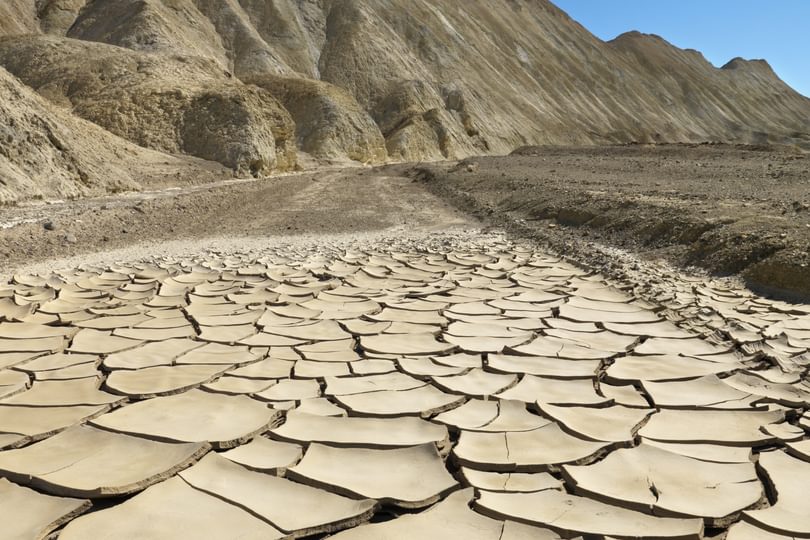
Recent research purports that climate change is creating conflict, and leads to unchecked migration. But three distinct flaws characterise such research efforts; they often ask the wrong questions, present poor evidence, and remove references to other, more likely factors that cause conflict. It often gets translated into a perception that poor people act violently for 'natural' reasons, or are spurred by physical hazards. We all know that high climate vulnerability and conflict co-occur in the same general regions, but we know far less about what does shape the power and competition dynamics at the local level. Basically, who are the winners and losers of environmental change?
The reality from local research is that far more cooperation is occurring at the local level to mitigate and adapt to environmental challenges; and that a tremendous amount of development money is being directed towards adaptation and risk management. This changes the local calculus for violence. As a result, conflict, when and where it does occur, is often between the 'winners' from climate change, development and transitions to democracy.
Join in with twitter using hashtag #natureconflict
About the speaker
Professor Clionadh Raleigh is a Professor of Human Geography at the University of Sussex. She previously served as a Lecturer in the Department of Political Science at Trinity College, Dublin and an external researcher at the Peace Research Institute Oslo (PRIO). She is a political geographer, and her work is focused mainly on conflict, governance, and the social consequences of climate change in sub-Saharan Africa.
Professor Raleigh directs the Armed Conflict Location and Event Data (ACLED) project, which tracks local conflict events in fifty countries. Her current work concerns conflict patterns, government intervention, and drought patterns in the Sahel belt, and appears in journals such as Political Geography. Professor Raleigh earned her PhD in Geography from the University of Colorado at Boulder.